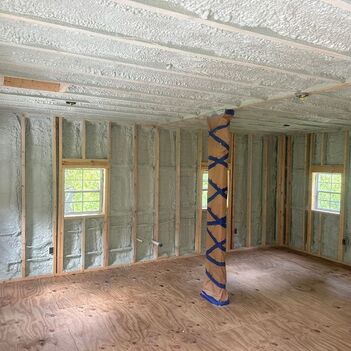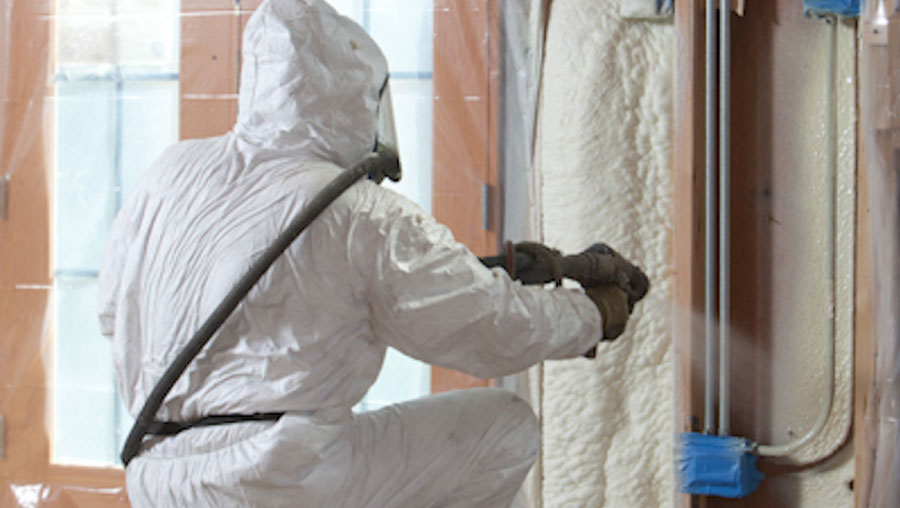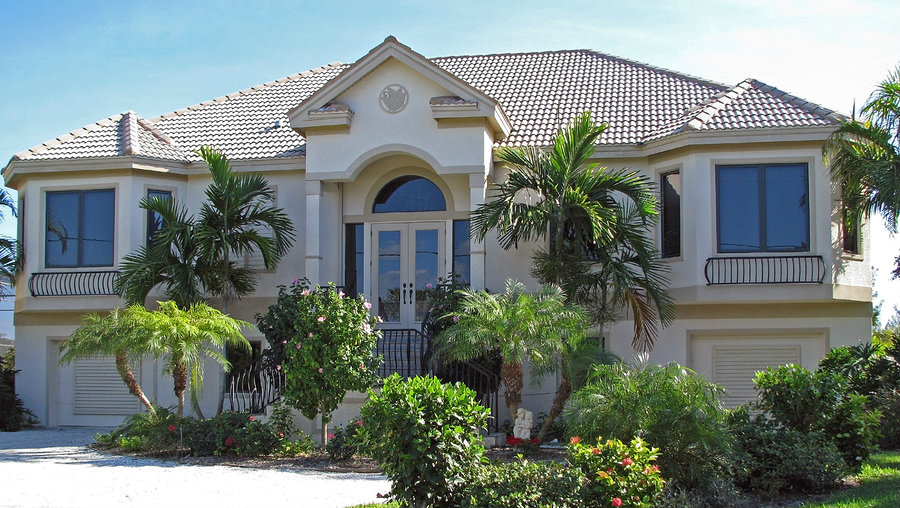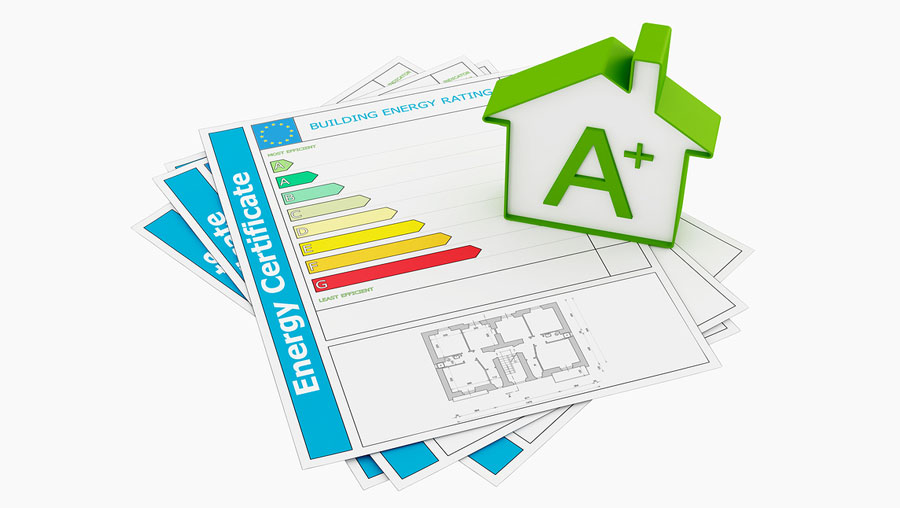 Finding a suitable material for insulation in your building, whether residential or commercial, is necessary to save you unwanted costs. Likewise, the options can be overwhelming for you, especially if you do not know the pros and cons of each. That said, popular options in the market include batt (fiberglass) and cellulose. However, which is better for your Orlando building? Read on to find out. Batt Insulation Batt insulation is a type of fiberglass insulation featuring structured thick rolls of fiberglass, natural fiber, mineral wool, or plastic fibers. Batts appear as blankets when rolled out, commonly used for insulation in walls, attics, and floors. Cellulose Insulation Cellulose insulation undergoes a simple manufacturing process due to its composition of recycled materials, including wood, denim, newspaper, cardboard, and more. These materials are also recyclable and organic, fitting into the environmental conservation efforts in the construction industry. Comparison Between Cellulose and Batt Insulation Here are some factors we will compare between the two products: R-Value R-value, described as the thermal resistance of an insulation material, is the ability of said material to resist heat flow. The higher the R-value is, the stronger the material’s resistance to heat flow. While cellulose and batt have a similar range of R-values, their performance creates the difference. When you expose batt to compressions, its R-value lowers. For this reason, its installation is not dense. The same applies if you expose this insulation material to extreme cold. However, cellulose can withstand similar conditions without any effects on its R-value. However, it is prone to settling, which may slightly affect its heat resistance. On the other hand, batt insulation is less prone to settling. Air Flow Both materials cannot prevent airflow. However, they have different mechanisms, as fiberglass traps air while cellulose slows down airflow. Environmental Friendliness Cellulose is the more environmentally friendly option as it is biodegradable. Also, due to its ability to effectively trap air, it conserves more energy. This case is different for batt, as there are substantial energy losses once it stops being effective at insulation. Looking at the manufacturing process, it takes more energy to produce batt than cellulose. The process also produces more pollutants, which can become an environmental and health hazard even after installation, as glass fibers can be airborne irritants. Flammability Since cellulose is in a huge part made of paper, it is not fire-resistant. Still, it is important to note that the paper can be fire-retardant if treated. On the other hand, fiberglass is non-flammable, making it a safer option in case of a fire. Moisture Resistance Fiberglass is less likely to absorb moisture, while cellulose can, making it prone to mildew, mold, and rot. However, excess moisture can affect the R-value of fiberglass, reducing its insulation’s effectiveness. Soundproofing Cellulose has better soundproofing properties than batt insulation. Costs If you want the more affordable option, batt would be it for you. Fiberglass is roughly $0.4 per square foot, while cellulose is as high as $0.8 per square foot. Installation It would be better for both to be installed by a professional. However, you can settle for DIY installation with the proper equipment, though you might need to rent it. Either way, fiberglass is easier for DIY installation. Which Is Better: Cellulose or Batt Insulation? Whatever choice you settle for depends on what properties you want the most for your insulator. Cellulose is a good choice if you want a high-temperature resistance, soundproofing, environmentally friendly, long-lasting material that can withstand extreme temperatures and reduce health concerns. Batt is the way to go for an affordable, moisture-resistant, and fire-resistant material for all your DIY projects. Getting a Good Installer in Orlando All Florida Insulation has widespread experience in different insulation materials, including batt and cellulose. You can rely on our professional services if you are in Orlando or the greater Central Florida region. Call us at (407) 410-3626 for a quotation and consultation on all your insulation-related questions.
0 Comments
|
Chris Curry
Chris has been an insulation professional for more than two decades, and has experience with all types of residential and commercial insulation products. His passion is green energy and effective insulation applications. Archives
June 2024
Categories
All
|
CALL: (407) 410-FOAM (3626)
SERVING ALL OF CENTRAL FLORIDA
SERVING ALL OF CENTRAL FLORIDA

 RSS Feed
RSS Feed


